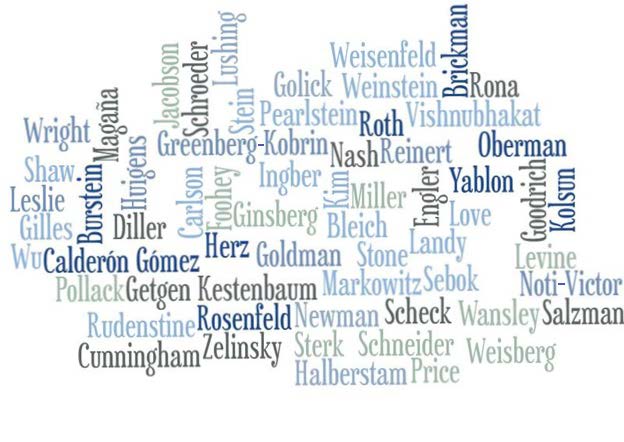Publication Date
10-1996
Journal
UCLA Law Review
Abstract
This essay begins by asking why lawyers bring frivolous cases, cases which, under the standard definitions of frivolousness, have no chance of success and should never have been brought. Rejecting the usual answers of lawyer stupidity and greed, it offers a different view of the frivolous case --that most of the cases that have been challenged and sanctioned in recent years under Rule 11 were brought by lawyers bringing cases they reasonably believed had a low (but not zero) probability of success. This provides a more plausible explanation for wy lawyers persist in bringing such cases, since they are essentially bets on long shots. The essay sets forth the concept of low probability litigation, shows that it provides a more plausible account of lawyers motives and one which is consistent with recent empirical studies of Rule 11. The piece goes on to examine the policy implications of sanctioning low probability litigation. It shows that any rule which sanctions low probability claims will inevitably deter some potential winners along with the losers. The problem is inherent in the uncertainty and probabilistic nature of litigations judgements and cannot be fixed by tinkering with the Rule. Finally, the piece examines the arguments for and against the sanctioning of low probability litigation, concluding with a stirring call for truth, justice and a return to the subjective standard of pre-1983 Rule 11.
Volume
44
First Page
65
Publisher
UCLA School of Law
Disciplines
Civil Law | Civil Procedure | Law | Legal Ethics and Professional Responsibility
Recommended Citation
Charles M. Yablon,
The Good, the Bad, and the Frivolous Case: An Essay on Probability and Rule 11,
44
UCLA L. Rev.
65
(1996).
https://larc.cardozo.yu.edu/faculty-articles/630
Included in
Civil Law Commons, Civil Procedure Commons, Legal Ethics and Professional Responsibility Commons


